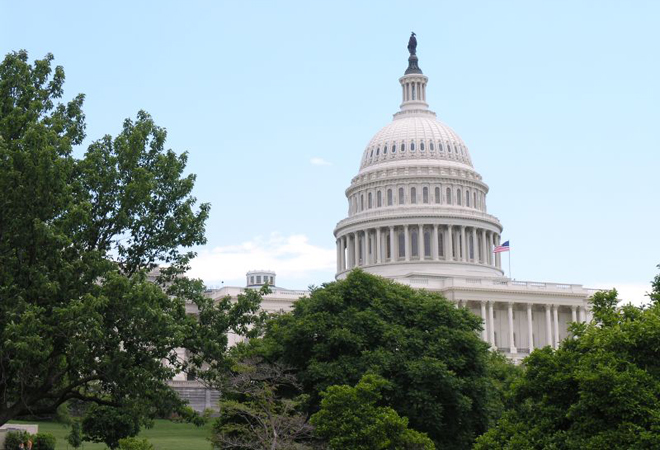
In case you were too busy falling behind in classes over the last few days to notice, the U.S. government shut down amid extreme disagreement between Congressional Republicans and Democrats. But why did this phenomenal amount of discord occur? The answer is an often mentioned – and perhaps even more frequently misunderstood – political buzzword: Obamacare. With stories showing that people don’t even know that Obamacare and the Affordable Care Act are the same thing, it’s not surprising that many college students have no clue how this mandate, which was supposed to go into effect Tuesday, will affect them. Certain aspects of the law are already in effect in spite of the government shutdown, with more changes to follow.
The short-term outlook on Obamacare is clearly positive for college students. People can now remain on their parents’ health care plan until age 26 – three years longer than with the former 23-year-old maximum. This is welcome news for young adults unlikely to purchase health care on their own. Groups such as Young Invincibles, a non-profit organization that aims to give young adults a voice in contemporary politics, specifically target the college-aged demographic to inform them about the importance of buying health insurance. These groups heavily support the law since it will give 17 million out of the 19 million uninsured young adults immediate access to health insurance they wouldn’t otherwise have. People with pre-existing conditions and students under great financial strain will also benefit, as discrimination based on these criteria will be eliminated.
The long-term outlook, however, may not be as promising. In time, students may be required to subsidize the costs of health care for the elderly in the form of far higher premiums than their elderly counterparts. Obamacare would also increase government involvement with student loans, which could present issues for recipients of financial aid. Republicans, such as Senate Minority Leader Mitch McConnell, contend that since part of the health care law eliminates private student loans, students will suffer a greater financial burden. In addition, some employers are already cutting workers’ hours to avoid having to provide them with health insurance, which could be a key issue for young adults in years to come. While it’s not clear how things will stack up in the end, these areas represent possible points of future concern.
So why did the government shut down over this issue? The views of Northwestern University College Republicans, in contrast to those of liberal commentators, lend some insight into just why this is.
“I will say that Obamacare increases the parity between insurance premiums, which sounds good. However, this will not mean lowering the premiums of the elderly [because] insurance companies do not want to lose money, but will more likely mean increasing the premiums on young people,” Seamus Naughton, acting president of College Republicans, said. “While Obamacare allows students to stay on their parents’ plan until 26 instead of 23, this increased cost is causing some employers to drop the dependents from their coverage, resulting in more students without health care.”
Northwestern University College Democrats did not respond to requests for comments.
But while Naughton and other Republicans across the nation are quick to point out the negative effects of Obamacare, liberals across the country have defended Obamacare and condemned the government shutdown.
Paul Krugman, the writer of The New York Times’ “The Conscience of a Liberal” column, summed up the left’s view on Republican opposition to Obamacare, saying, “Conservatives are right to be hysterical about this [Obamacare]: it’s an attack on everything they believe — and it’s going to make Americans’ lives better. What could be worse?” In contrast to Republican objections about problem areas within Obamacare, Krugman sees the benefit of mandating that young people get health insurance, as he believes that their current lack of health insurance drives up rates for the very ill.
The Obamacare debate is one of the most polarizing issues in recent American history. There are groups, such as FleishmanHillard in Illinois, pouring tens of millions of dollars into trying to get people on board with Obamacare. On the other hand, many find the initiative threatening enough to justify shutting down the government, and in doing so, losing millions of dollars a day. With all this contention, it’s not clear what the future of Obamacare will be. When the speculation ends about Obamacare’s future effects, further revisions and controversy over the sections of the law targeted at young adults will likely follow.